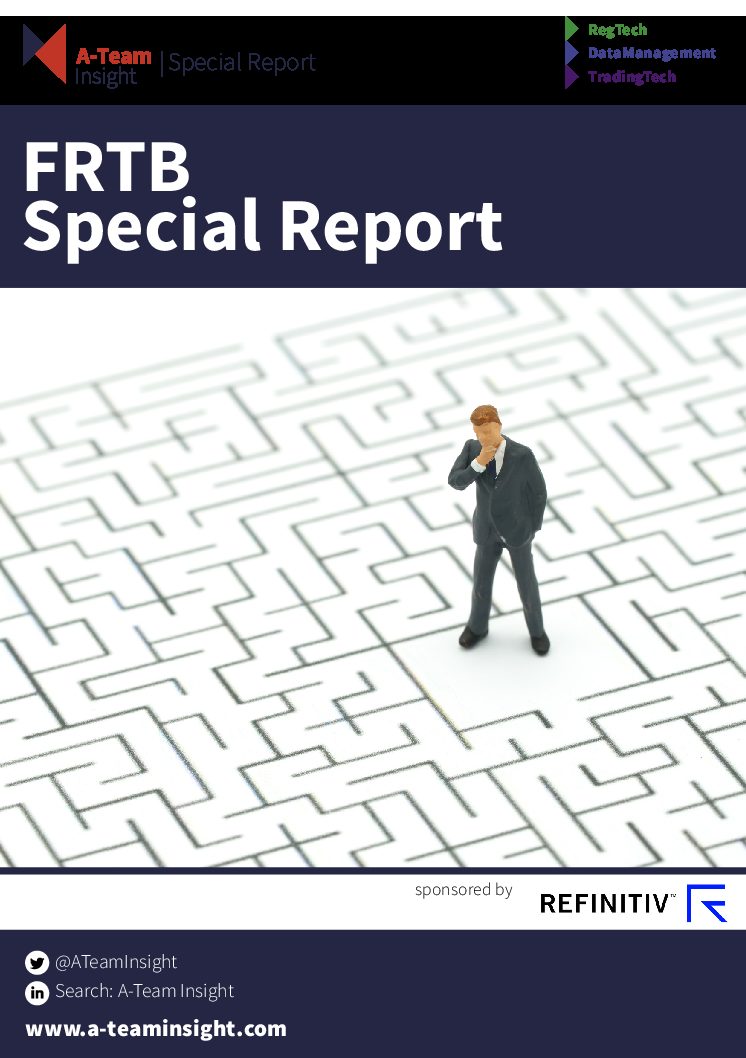At its heart, the Fundamental Review of the Trading Book (FRTB) sets out to address the management of risk within financial firms’ trading books
To achieve this, FRTB aims to address weaknesses in the current regulatory capital framework, imposing more rigorous qualification and constitutional requirements for both the trading and banking/investment books.
As such, FRTB will require firms to change their approach to trading book operations. The requirements may involve significant infrastructure investments, forcing some practitioners to reconsider their continued involvement is certain market activities. With the 2022 implementation date now supposedly set in stone, those planning to carry on need to work out how best to organise themselves and establish internal processes to achieve compliance.
Data and data management sit at the core of the challenge: FRTB presents market participants with a number of organisational, computational and granularity challenges with respect to the data they need to support their compliance objectives. These objectives necessarily involve the reorganisation of trading book operations, upgrades to technology platforms and improved procedures around data governance, all to ensure the correct split between trading and banking books and the production of timely market and reference information to support the decisions around the use of models, as outlined by regulators.
Failure to address the way they use their internal models, and streamline processes to measure, attribute and capitalise traded risk, will lead to product offerings becoming unprofitable and the risk of regulatory censure. As such, firms need to look now at how to source and manage the data – both internal and external – needed to comply. Specifically, they need to review their processes surrounding data sourcing, governance and timelines, as well as data infrastructure, risk data aggregation and risk reporting.









